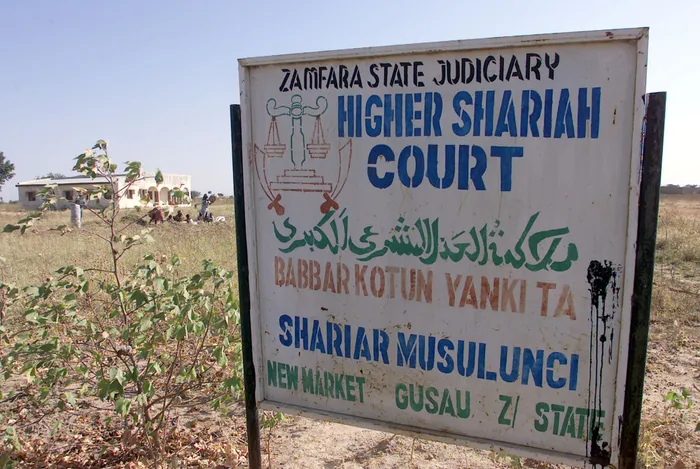Sharia law has a protective function

Picture: Reuters/Juda Ngwenya JN/AA
By Imam Muhsin Hendricks
On July 6, just days after Pride Month and the release of the documentary The Radical which portrays the lives of queer Muslims and their struggles to reconcile with Islam, the Muslim Judicial Council (MJC) issued a harmful fatwa calling Muslims who support homosexuality as “out of the fold of Islam”. As justified as this may seem to a self-appointed religious body such as the MJC, it had immediate repercussions, not only on queer Muslims, but on the entire LGBTQIA+ sector nationally and internationally, and this too in a short space of time.
In witnessing the aftermath, my immediate question was about the effectiveness of a fatwa and the functionality of the sharia law that informs a fatwa. The purpose of sharia law is to ensure social justice, fairness and mercy for the people who are governed by the sharia law. Sharia law has a protective function, not just in the defence of religious beliefs, but also in the preservation of life, human rights, human dignity and all the units that make up a society.
This is evident in two verses of the Qur’an (Surah, chapter 17:82 and 20:2) that the purpose of revelation is to provide healing and mercy to a community and not to be a means of distress. The sharia law is therefore constructed on the premise that it serves the best interest of the collective. Considering these, sharia law has to be adaptable and relevant to the situation, time, place and needs of a community.
It has to take into consideration all the aspects of human existence in an ever-changing world so that it remains true to its function. The contingent that informs sharia law, those who hold the knowledge (Ahlul dhikr – Surah 21:7) can therefore not only be religious leaders but has to include consultation (Shura – Surah 42:38) with professionals in the area around which a sharia law or a fatwa (religious decree) is formed. The fatwa should include reputable academic research, psychological findings, and the lived realities of the LGBTQIA+ community. The recent fatwas issued on the LGBTQIA+ community by bodies such as the MJC and the Jamiatul Ulama of South Africa fall short of having exhausted all avenues of research on the issue of sexual orientation and gender identity and they merely rely on classical scholarly opinions of the 9th century. Instead of the fatwa providing protection and guidance it instilled fear and narrowed down the possibilities of discourse around the issue. It gave licence to vigilante groups to take the law into their own hands, target activists and mobilise hate among people, especially on social media.
I’m still trying to wrap my head around why male homosexuality in orthodox Islam is considered a major sin and punishable by death, while female homosexuality, in the opinion of the Hanafi school of thought in Sunni Islam, is not punishable since there is no penis penetration. It leaves me to think that the judgement around homosexuality has nothing to do with religion, but everything to do with prioritising male sexuality and threatened masculinity. I’ve been actively involved in the area of Islam, sexual orientation, and gender identity for the last 28 years. Yet no Islamic scholar has ever approached me to discuss my research, yet I find them peering at my online material. It seemed to be much easier to dismiss me in their fatwas as “out of the fold of Islam”. Religious leaders seem disinterested in exploring the topic of homosexuality and fearful that they may be instrumental in altering Islam and land up in hell. In upholding the status quo, are these “men of God” who are supposedly protecting Islam not merely perpetuating the attitudes of the Assinu (male temple priests) of Sodom and Gomorrah whose main interest was to create laws to keep the power in the hands of the patriarchy?
Hendricks is the executive director of the Al-Ghurbaah Foundation
Related Topics: